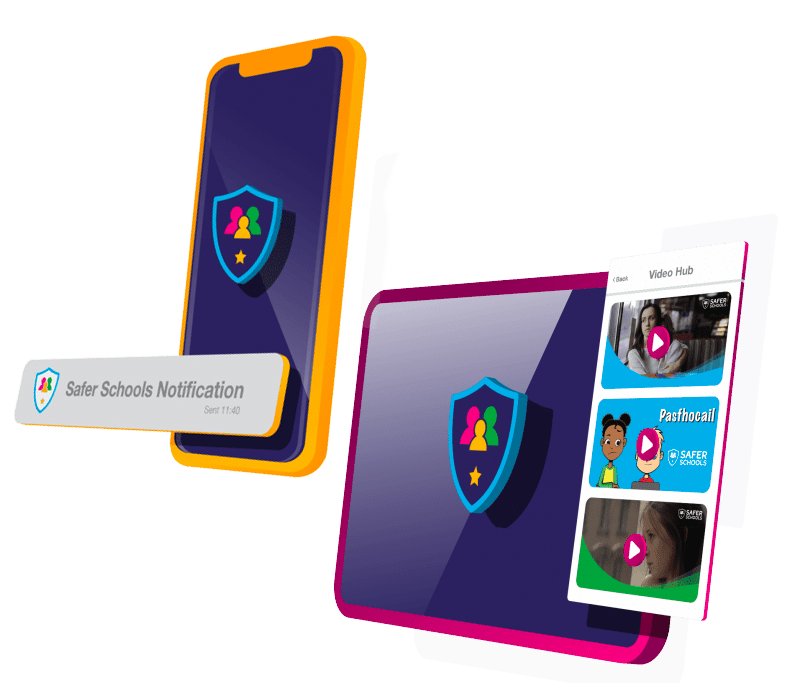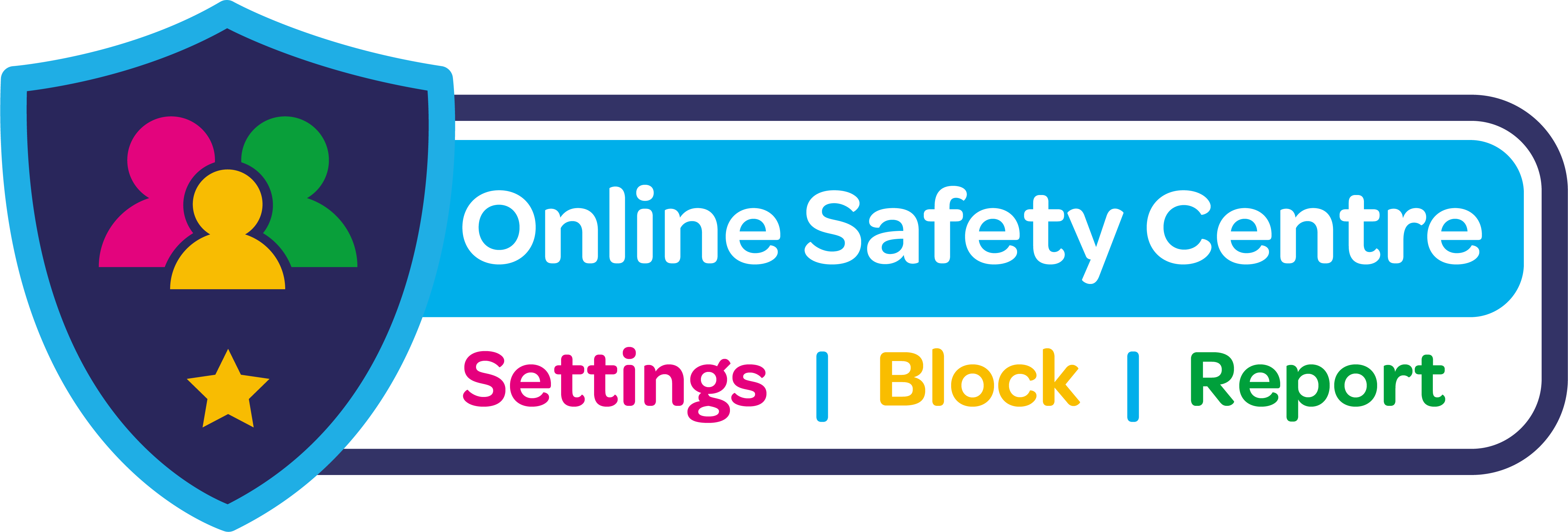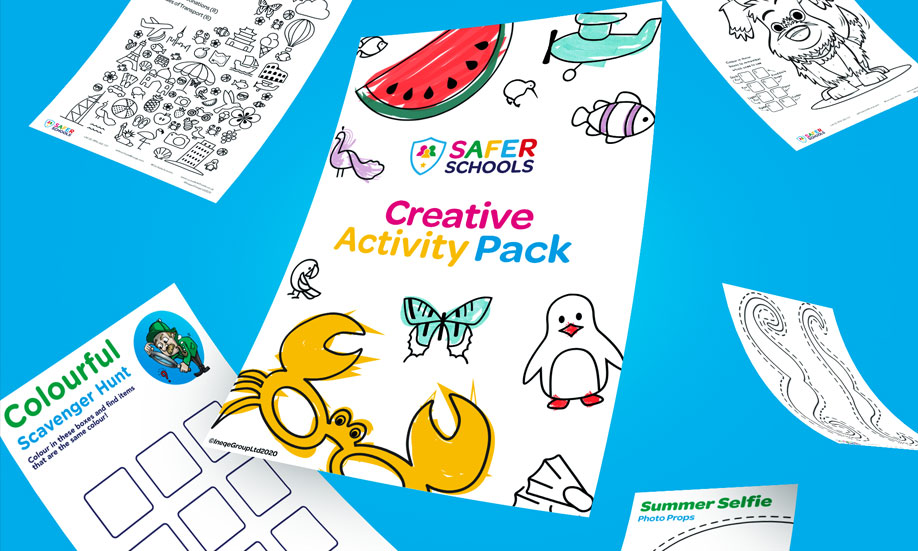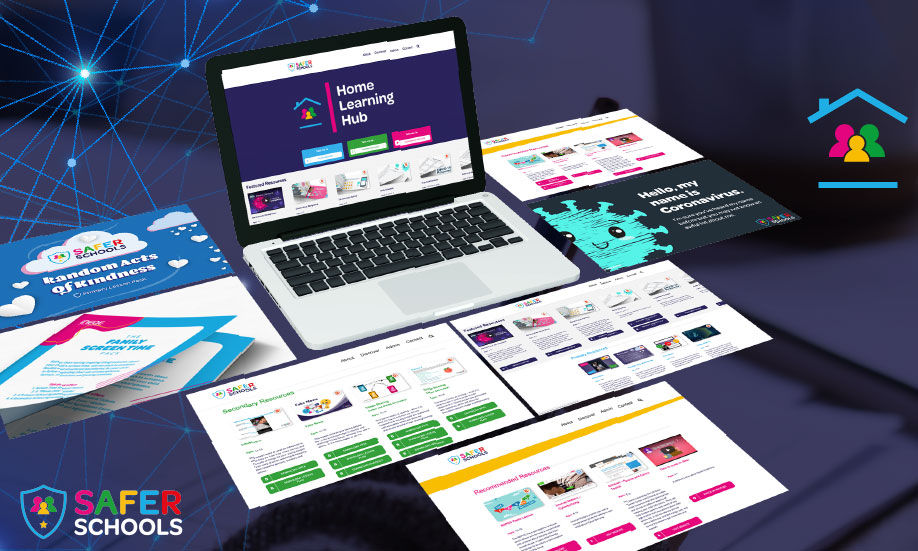The COVID-19 pandemic continues to present challenges for safeguarding professionals and parents across the UK. We asked you what your concerns are in relation to keeping young people and children in your care safe online during this time.
It is clear young people are spending more and more time online, exposing themselves to higher levels of risk. The results of the survey show there is an ever increasing need to understand how young people engage with online platforms and implement ways in which we can keep them safe.
Thanks to everyone who responded. Your responses will be used to improve the quality and delivery of our safeguarding information and inform what you need to know.
Here are some of the highlights:

of respondents use social media, which is higher than the national average of 66%.

of you have expressed concern over the impact of the pandemic on young people’s mental health.
- This reflects results from a survey completed by a leading young person’s mental health charity: Young Minds. Their research also found that 67% of parents and carers are concerned over the mental health of children in their care.

of you were more concerned about online safety of children during the lockdown.
- Similar concerns were identified in Ofcom’s 2020 report which found that 81% of 12-15 year-olds say they have had a potentially harmful experience online in the past year and;
- 30% of 12-15 year olds identify social media as a source of potential harm that they have experienced, followed by email (13%), instant messengers (12%) and video-sharing sites (8%).
When asked where you access online safety information, over a third of respondents said the Safer Schools App.

Do you receive our Safeguarding Alerts?
Receive regular updates to help you safeguard children in a digital era.









